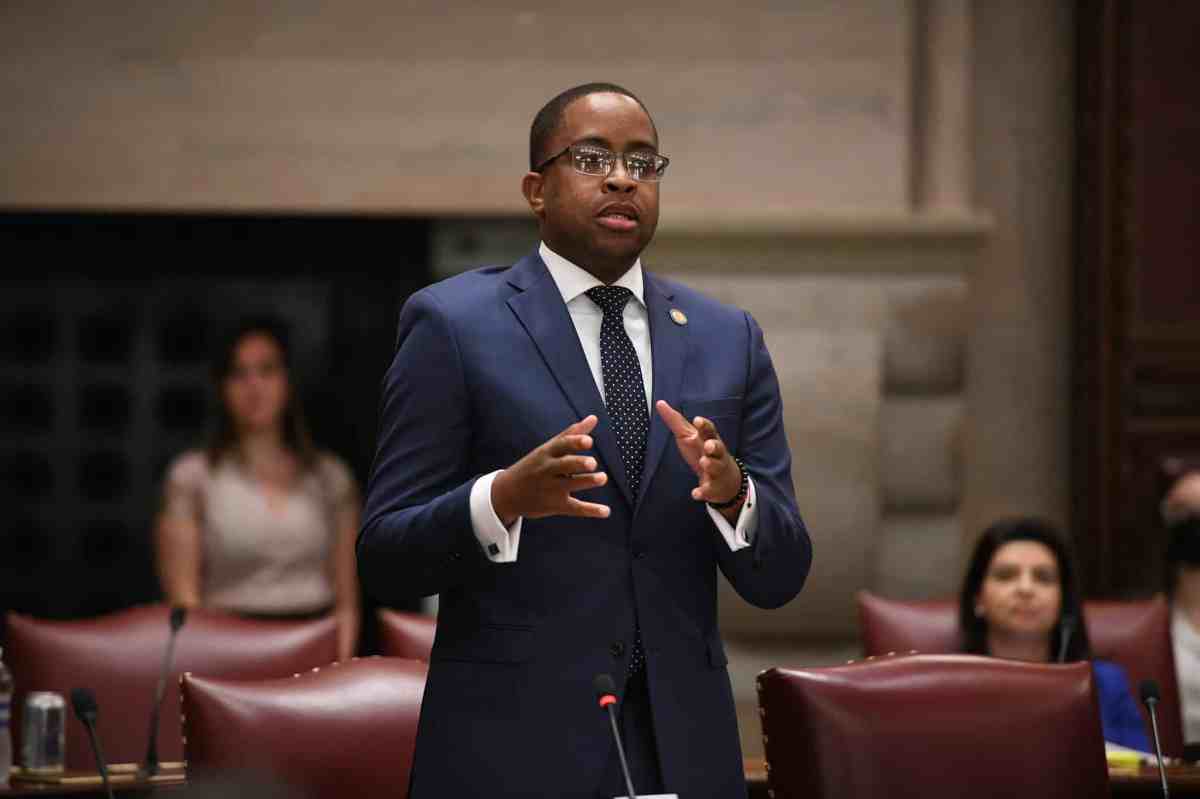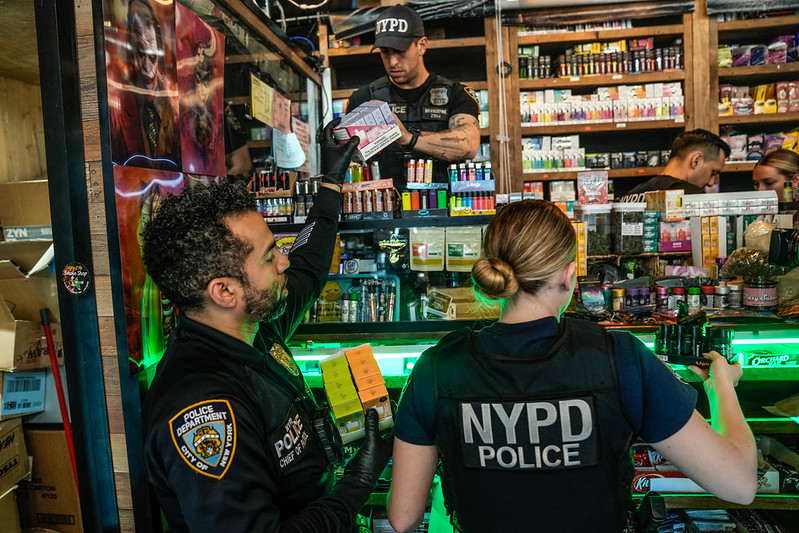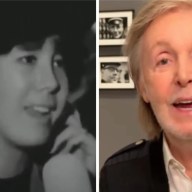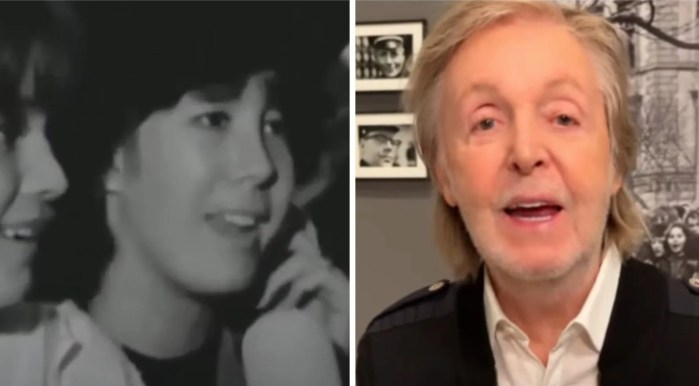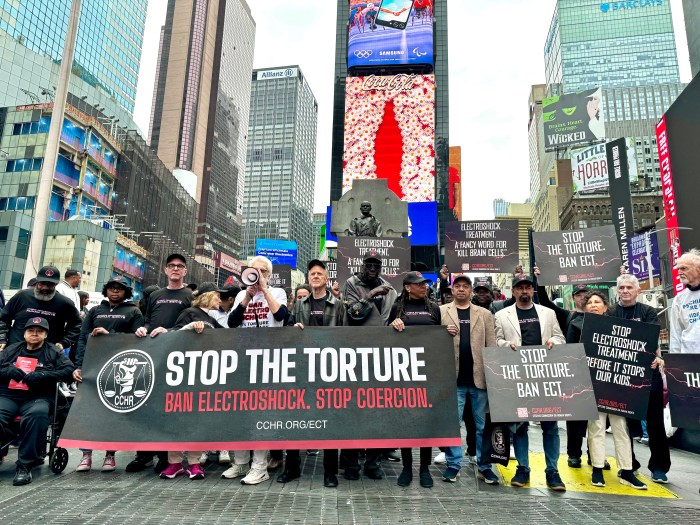The Diocese of Brooklyn established a fund to compensate victims of sexual abuse at the hands of clergy, its bishop said on June 22.
The settlement program — which offers money in exchange for immunity from prosecution, and was announced by Bishop Nicholas DiMarzio days after the state Senate killed a bill that would open the Catholic Church to a flood of lawsuits — offers immediate recourse to victims as they wait for lawmakers in Albany to take action, said a lawyer portrayed in the film, “Spotlight.”
“It’s certainly beneficial for some victims, who enter the fund with the hope of gaining validation, healing, and moving on,” said Mitchell Garabedian, who represents 13 victims of sexual abuse in Brooklyn. “Others will wait for the legislature to change the statute of limitation laws.”
The Brooklyn fund is modeled after one established last year by the Archdiocese of New York, both of which are administered by a pair of attorneys that oversaw the September 11th Victim Compensation Fund.
The diocese established the program after witnessing the success of the archdiocese’s fund, not in response to the push for legislative reform, according to a spokeswoman who said the Child Victim Act — a bill to relax the statute of limitations on child abuse that passed in the state Assembly and was supported by Gov. Cuomo before dying in the Senate earlier this month — has faced obstacles in Albany for years.
“That legislation is going on 12 years with nothing passed,” said Carolyn Erstad. “It’s obvious that isn’t the motivating force here.”
But some challenges to that bill can be traced to the church, which spent more than $2 million between 2007 and 2015 on lobbyists to combat statute of limitations reforms, according to a New York Daily News report.
The Diocese of Brooklyn — which oversees 211 churches and 186 parishes in Brooklyn and Queens — identified 280 victims of abuse dating to 1934 for “phase one” of the settlement program, and is inviting them or their families to apply to it, said Erstad.
Those who participate are not required to sign a confidentiality agreement but must waive their right to bring their cases to court, where they could stand to receive larger settlements and force the church to reveal information including the identities of abusive priests and sealed records showing church officials ignored victims’ complaints, said an attorney who represents victims city-wide.
“It effectively hides the truth,” said Jeff Anderson.
And while the diocese’s reputation suffered under past leaders who sheltered abusers, its work under Bishop DiMarzio to stop attacks is commendable, according to a Brooklynite who was abused and plans on applying to the fund.
“It’s done a complete 360,” said Anthony Hughes. “There are no ifs, ands, or buts about it — they do everything right.”
But no amount of money will erase the memories victims carry, according to Garabedian.
“There’s no victim I’ve ever represented who would not in a second give back all the money to not be sexually abused,” he said.











